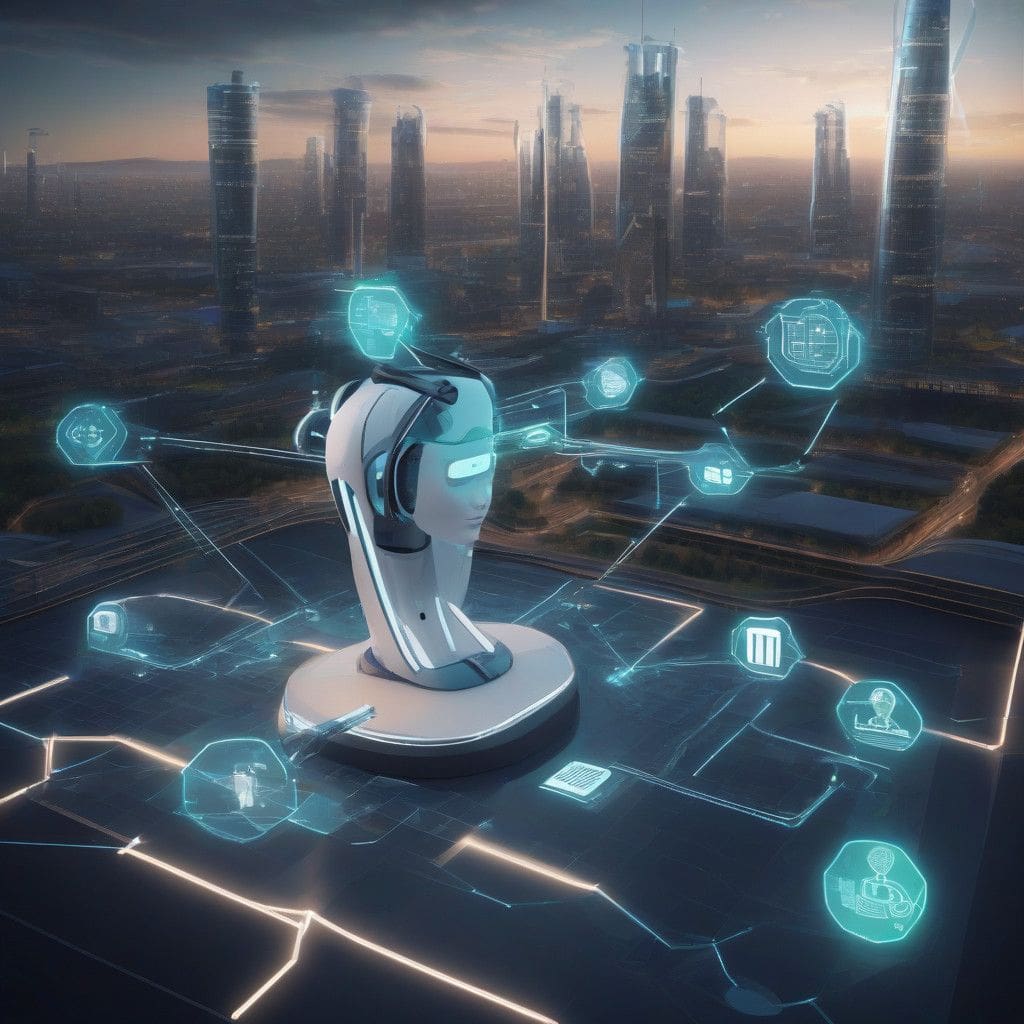As Europe positions itself in the global arena of artificial intelligence, the establishment of AI factories marks a significant milestone in harnessing the full potential of this transformative technology. These factories are designed to integrate advanced European High-Performance Computing (HPC) capabilities with a focus on safety, reliability, and ethical development. By nurturing a collaborative environment for startups, industries, and researchers across the continent, Europe aims to differentiate its approach to AI from that of other competing regions.
The backbone of these AI factories will be the EU’s high-performance supercomputers, which will provide the essential computing power necessary for training large generative models. This ambitious initiative aligns with Europe’s broader strategy to ensure that AI is developed in a trustworthy and responsible manner, as evidenced by the recent introduction of the EU AI Act. This legislation emphasizes the need for ethical standards in AI, reinforcing Europe’s aim to lead in this rapidly advancing field.
These AI factories will not function in isolation. They will form an interconnected network that creates an ecosystem conducive to collaboration and innovation. By linking AI factories to existing national AI initiatives and resources such as Testing and Experimentation Facilities and Digital Innovation Hubs, Europe is primed to establish a robust collaborative framework. This interconnected setup aims to address future challenges in various vital sectors, including healthcare, energy, transport, defence, and manufacturing.
Consider healthcare, where AI-driven diagnostic tools could revolutionize patient care by enabling more accurate and timely treatments. Similarly, in the energy sector, AI could optimize not only resource allocation but also sustainability efforts. The transport industry stands to gain significantly from AI’s ability to enhance efficiency and safety. Furthermore, the integration of AI in robotics and manufacturing could lead to unprecedented levels of automation and operational effectiveness. Each of these areas not only represents technological advancement but also has substantial implications for economic growth and societal well-being.
The timeline for establishing these AI factories is ambitious, with a rolling call for applications open until December 31, 2025. The initial deadline for proposals is set for November 4, 2024, indicating a clear pathway toward operationalizing this vision. With nearly €1 billion in funding from the Digital Europe Programme and Horizon Europe, matched by contributions from Member States, this initiative underscores the EU’s commitment to bolstering AI innovation. This substantial investment is a testament to the EU’s vision of not merely keeping pace with global advancements but leading the way in safe and ethical AI development.
Ursula von der Leyen, President of the European Commission, has articulated the EU’s commitment to fostering innovation within the AI sector. She noted, “Europe is already leading the way with the EU AI Act, ensuring AI is safer and more trustworthy. Earlier this year, we fulfilled our promise by opening our high-performance computers to European AI startups. Now, Europe must also become a global leader in AI innovation.” This statement encapsulates the essence of Europe’s mission: to advance AI technology while holding steadfast to ethical guidelines that prioritize safety and trustworthiness.
The significance of AI factories extends beyond mere technological advancement; they represent a strategic leap for Europe in the face of global competition. As countries around the world race to harness the power of AI, Europe’s focus on ethical considerations sets it apart. The aim is clear: to ensure that AI serves as a force for good, driving responsible innovation that aligns with European values and societal needs.
The need for such a framework has never been more pressing. With the rapid advancement of AI technologies, there are increasing concerns regarding issues such as data privacy, algorithmic bias, and the societal implications of automation. Europe’s proactive stance in establishing AI factories is poised to address these challenges head-on, fostering a culture of ethical AI development that builds public trust and ensures long-term sustainability.
Moreover, the integration of AI into various sectors can serve as a catalyst for job creation and economic development. By investing in AI capabilities and infrastructure, Europe not only enhances its technological prowess but also secures its position in the global market. This strategic initiative is expected to create new job opportunities, requiring a skilled workforce adept in AI technologies.
The successful implementation of AI factories will depend on effective collaboration among various stakeholders, including governments, the private sector, and academia. Such partnerships will be vital in driving innovation and ensuring technology aligns with societal goals.
In conclusion, the establishment of AI factories in Europe represents a pivotal moment in the continent’s journey towards becoming a global leader in AI innovation. By focusing on ethical and responsible development while fostering collaboration across various sectors, Europe aims to secure its position at the forefront of this transformative technology. As the call for proposals opens, the potential for groundbreaking advancements in AI is immense, promising a future where technology not only enhances industries but also enriches the lives of individuals across Europe.












